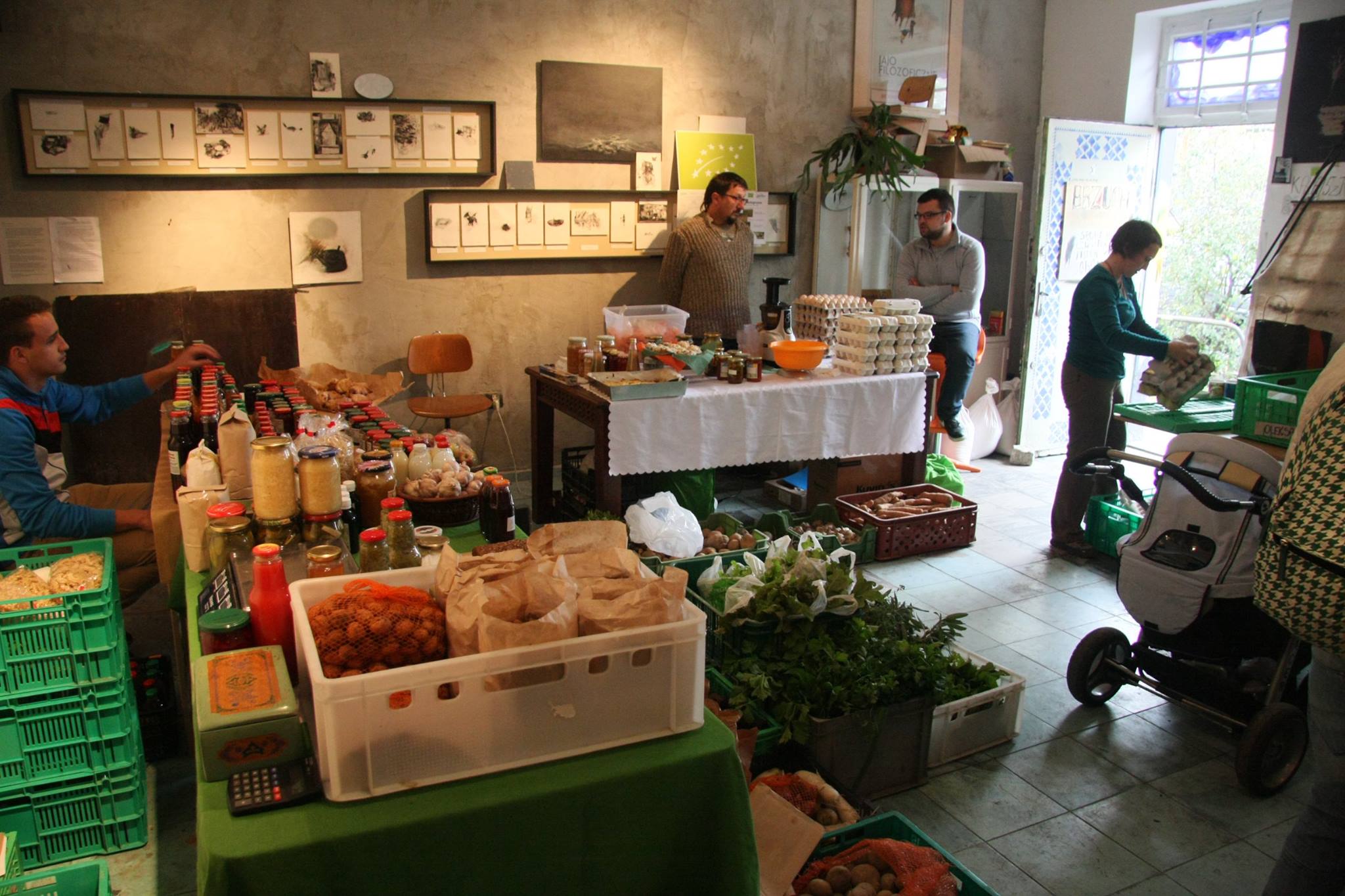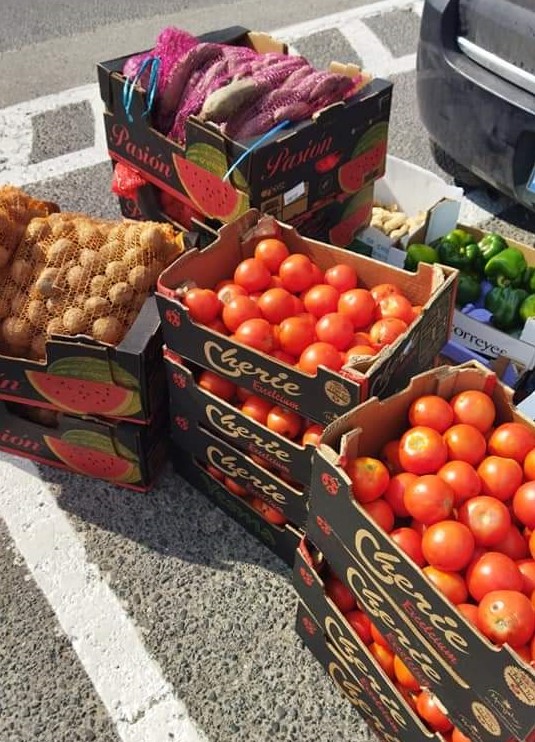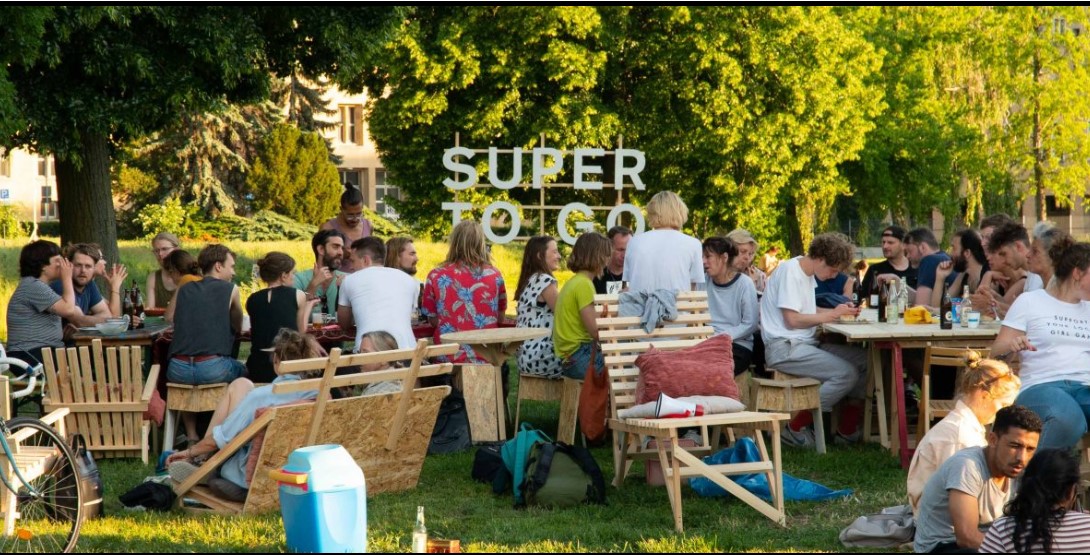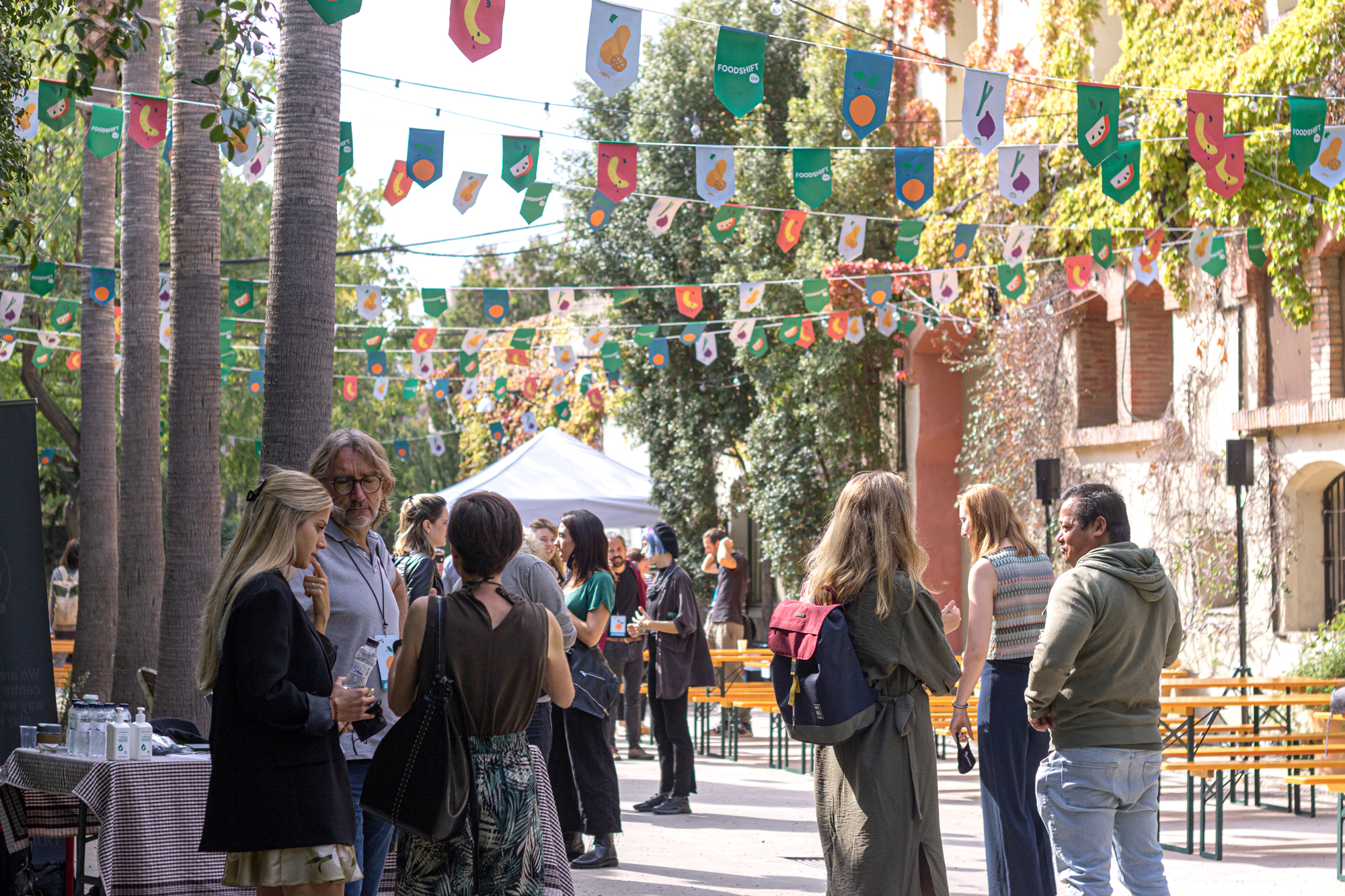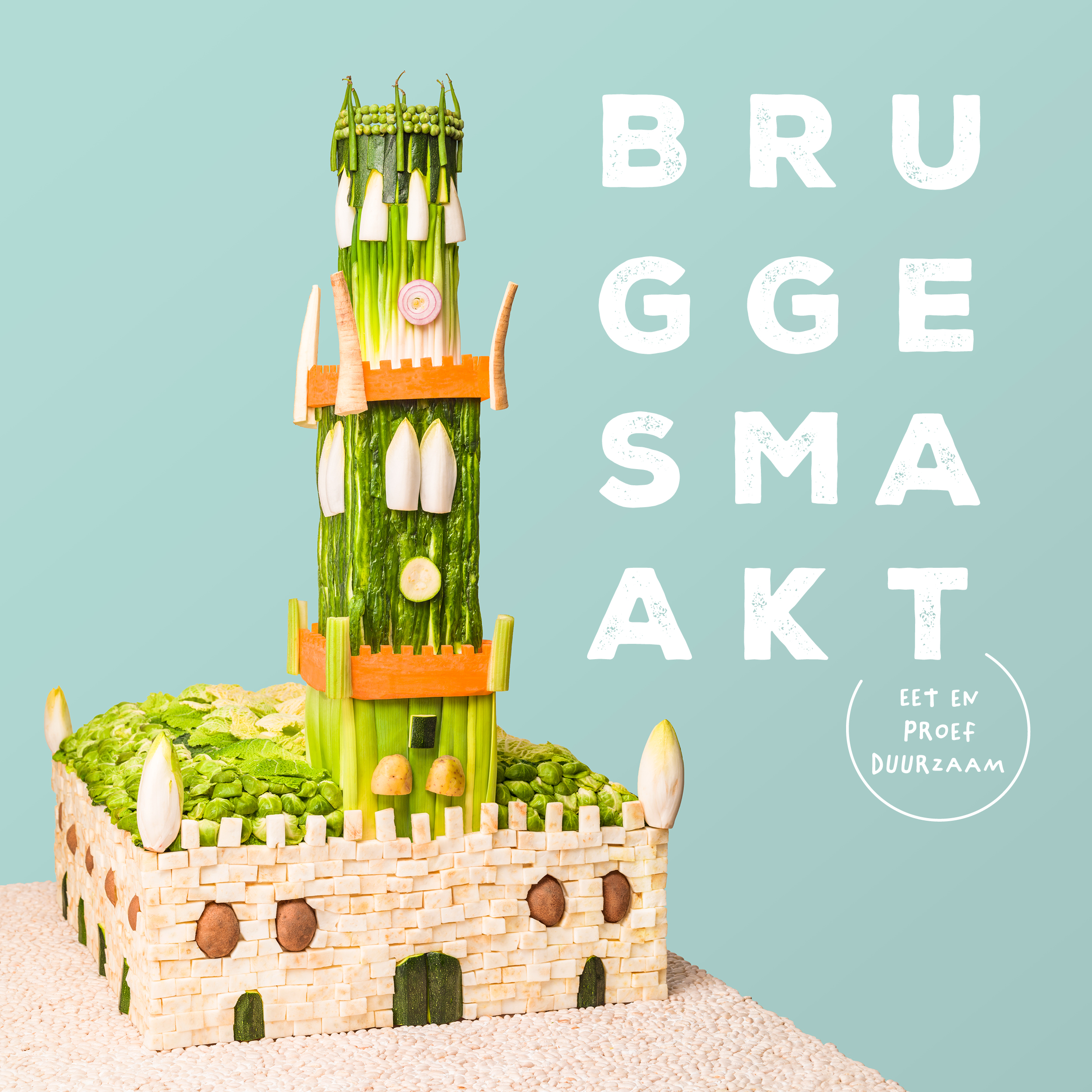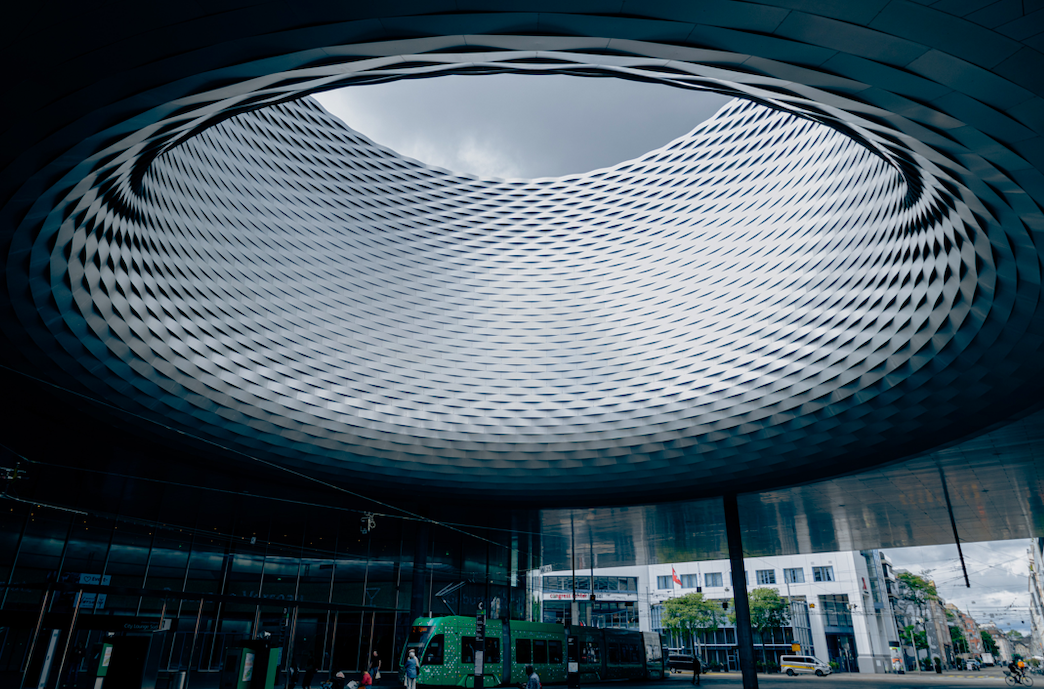BeeKeeping Foundation
29 July 2022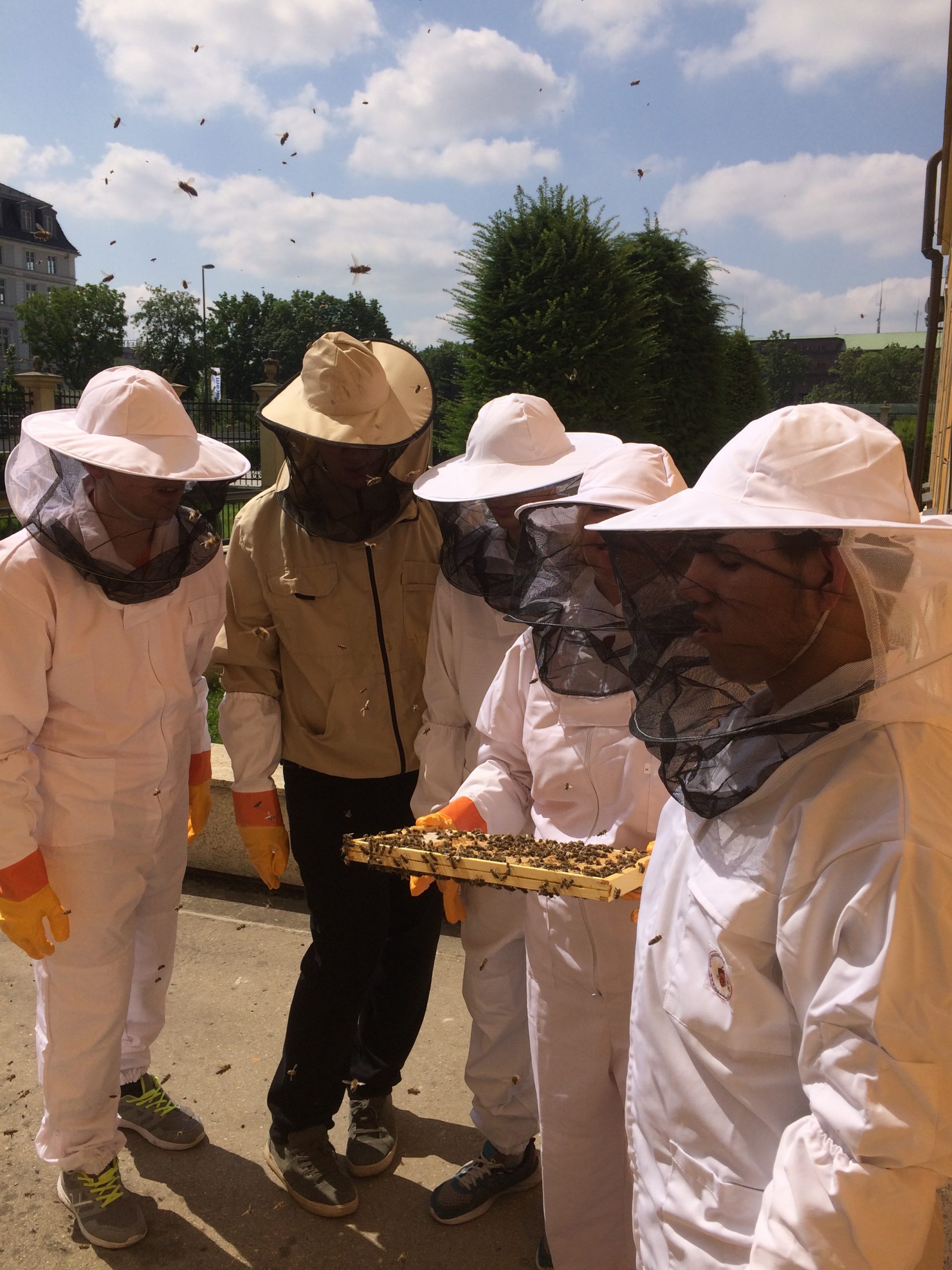
BeeKeeping Foundation
Wroclaw, Poland
THE INNOVATION:
In Lower Silesia, Wroclaw, a beekeeping foundation has been set-up to use the apiary and beekeeping as an educational resource teaching
children and adults about the process of making honey, but above all – the importance of bees. The beekeeping foundation now has access
to a location at the Capitol Musical Theater in Wroclaw where they are able to keep hives and provide educational sessions. The bees are only a starting point in the discussion about the role and structure of the city as such. The harmony between man and nature in a modern metropolis and, above all, the location of the apiary in the center makes it easier to break through mental barriers concerning the function of urban space.
LOOKING AHEAD:
Lukasz Wyszkowski, founder of the initiative, eventually hopes to provide a regular teaching program (maturing), for which a funding source/model and further partnerships must be sought (combining). However, Lukasz does not view the initiative as a commercial idea,
and focuses on using the bees as a means of inspiration and learning.
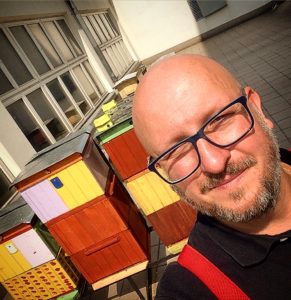
More Information:
Contact Person: Lukasz Wyszkowski
Email: [email protected]
Info about the Innovators and the Innovation portraits Catalogue
FoodSHIFT 2030 aims to launch an ambitious citizen-driven transition of the European food system towards a low carbon circular future, including a shift to less meat and more plant based diets. This transition is necessary in order to address the pressing challenges for food and nutrition security, contribute to the EU commitment of reducing GHG emissions by at least 40% by 2030, and revitalize urban-rural linkages and partnerships.
To do so, it establishes FoodSHIFT Accelerator Labs for maturing, combining, upscaling and multiplying existing food system innovations across nine front-runner city-regions. In turn these innovations contribute to the FoodSHIFT vision.
An Innovation Catalogue called “Innovation Portraits” was created to snapshot each of the Food Innovations connected with each of the FoodSHIFT Accelerator Labs (FALs) across the 9 city regions.
Info about the Innovation Portraits Catalogue
The Innovation Catalogue will snapshot each of the Food Innovations connected with each of the FoodSHIFT Accelerator Labs (FALs) across the 9 city regions. Each FAL has a dedicated innovation focus and each chapter will present innovation cases from a particular FAL. For each of the innovations presented, a snapshot of the innovation concept and purpose will be given, alongside the key impacts the innovation has in relation to the FoodSHIFT Impact Pathways and the acceleration ambitions of the innovation.
In addition, each innovation portrait is also categorized according to its Innovation Dimension. These dimensions indicate what kind of innovation is being presented, and where in the value chain it plays a role. This is indicated by these tabs. The dimensions are defined as follows:
Product – Innovations in this category address new or updated products, including quality, safety and market impact.
Process – These innovations are relevant to new technologies for processing, logistical improvements, infrastructure and new/improved services.
Social – Innovations in this category are relevant to changes in behaviour (e.g. consumers/citizens), development of new relationships and inclusiveness.
Governance – The innovations address policy developments, including food planning, subsidies, taxing, certificates & labelling.
Learn more about all the Innovation portraits: https://foodshift2030.eu/meet-the-people-changing-your-food-system/
